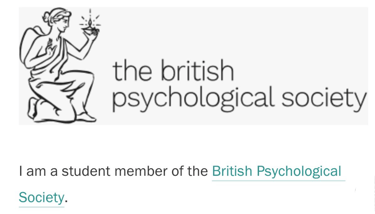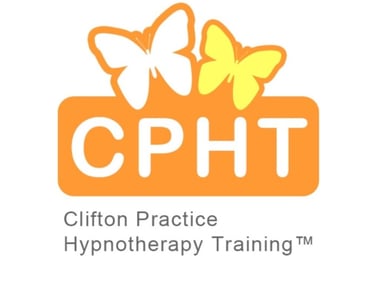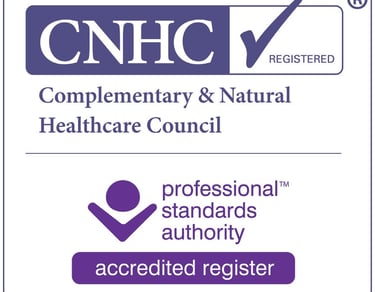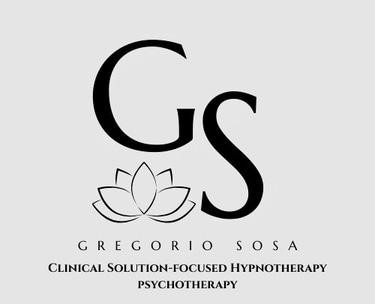Steady Brain: Insights for Calm, Clarity & Confidence
Understand that your well-being is important to find calm, clarity and motivation you need to find the balance in life with happiness and cope with these difficult moments in life to face anxiety.
Gregorio Sosa
10/6/20255 min read


Understanding the Mind: The Power of Awareness
The foundation of personal growth and transformation often lies in the awareness of one’s thoughts, emotions, and behaviours. By fostering an understanding of the mind, individuals can navigate a pathway toward improved mental health and well-being. This process begins with recognising patterns in thinking and behaviour that may contribute to stress, anxiety, or other psychological barriers. Awareness acts as a catalyst for change, allowing individuals to reflect on their experiences and responses to various life situations.
One effective approach to cultivating this awareness is through mindfulness practices. Mindfulness involves focusing on the present moment and observing one’s thoughts and feelings without judgment. This practice can significantly enhance self-awareness, enabling individuals to recognise and address negative thought patterns and emotional triggers. Techniques such as mindful breathing, meditation, and body scanning can promote a deeper understanding of the inner workings of the mind. As practitioners engage in these exercises, they learn to witness their mental processes, which can lead to a greater sense of clarity and calm.
In addition to mindfulness, self-reflection techniques can also help expand awareness. Journaling, for example, is a powerful tool for documenting thoughts and feelings, providing insights into personal struggles and triumphs. By regularly reflecting on experiences, individuals can track their emotional responses and identify moments of stress or anxiety. As awareness increases, so does the ability to challenge and change these responses. This journey toward understanding one’s mind not only reveals the roots of emotional distress but also empowers individuals to develop resilience against future challenges.
By cultivating a keen awareness of the mind, individuals open themselves to a transformative journey—a journey that fosters calm, clarity, and confidence as they navigate life's complexities.
Practical Tools for Brain Wellbeing
Achieving brain wellbeing is essential for enhancing overall mental health. By incorporating specific strategies inspired by solution-focused hypnotherapy, coaching psychology, and positive psychology, individuals can cultivate a steadier and balanced mindset. Here, we explore three actionable tools: guided visualisation, goal-setting, and positive affirmations.
Guided visualisation is a powerful technique that allows individuals to create mental images of peaceful and calming scenarios. This process helps to reduce anxiety and promote relaxation. To practice guided visualisation, find a quiet space, close your eyes, and take deep breaths. Imagine a serene place, such as a tranquil beach or a lush forest, and immerse yourself in the sights, sounds, and sensations of that environment. Regular practice of this method can lead to improved emotional regulation and greater clarity in decision-making.
Goal-setting plays a vital role in providing direction and motivation. By establishing clear, achievable goals, individuals can foster a sense of purpose and accomplishment. The SMART criteria (Specific, Measurable, Achievable, Relevant, and Time-bound) serve as an ideal framework for effective goal setting. Break larger goals into manageable tasks, allowing for regular progress assessments. This can strengthen resilience as individuals celebrate incremental achievements along their journey.
Positive affirmations are another essential tool for mental resilience. By repeating uplifting statements that reinforce self-worth and capabilities, individuals can counter negative self-talk. Create a list of personalised affirmations and incorporate them into your daily routine. For example, recite phrases like “I am confident and capable” or “I embrace challenges with courage.” The consistent practice of affirmations can build a positive self-image and enhance emotional stability.
Incorporating these tools into daily life can significantly enhance brain wellbeing and create a steady mindset. By dedicating time to guided visualisation, smart goal-setting, and practising positive affirmations, individuals can lay the foundation for calmness, clarity, and confidence.
Overcoming Stress and Anxiety: Real-World Strategies
In today’s fast-paced world, stress and anxiety have become prevalent issues impacting many individuals. Common stressors such as work pressures, financial concerns, and personal relationships can trigger anxiety, leading to significant challenges in the daily lives of many. Recognising these triggers is an essential first step in managing stress effectively. The integration of theoretical insights into practical, real-world strategies can foster a deeper sense of calm and clarity.
One effective method for managing anxiety is the practice of mindfulness meditation. Research suggests that regular mindfulness practice can significantly reduce anxiety levels and enhance overall well-being. For instance, a case study involving a group of employees at a high-stress organisation demonstrated that implementing a weekly mindfulness session resulted in a noticeable decrease in workplace anxiety and an enhanced focus among participants.
Additionally, physical exercise remains a powerful tool in combating stress. Engaging in regular physical activity releases endorphins, which are natural mood lifters. Anecdotal evidence suggests that individuals who incorporate activities such as jogging, yoga, or even brisk walking into their routines tend to report lower levels of anxiety. Creating a support system, whether through friends, family, or community groups, plays a crucial role in alleviating stress as well. Sharing experiences and receiving encouragement can foster a sense of belonging and significantly mitigate the adverse effects of anxiety.
Moreover, it is important to create an environment that promotes serenity and mental clarity. This can be achieved by minimising clutter, ensuring adequate natural light, and integrating calming elements such as plants or soothing colours into one’s living space. By adopting these strategies, individuals can effectively counteract stress and anxiety, paving the way for improved emotional health and a more balanced lifestyle.
The Journey of Growth: Nurturing Mental Health
Nurturing mental health is an ongoing journey that requires attention, compassion, and a commitment to personal growth. It is important to recognise that mental well-being is not a static state, but rather a dynamic process characterised by continuous development and change. Each individual’s journey is unique, marked by distinct experiences, challenges, and triumphs. As one navigates through this path, it is crucial to understand the cyclical nature of well-being, which often includes periods of stagnation and setbacks alongside moments of significant progress.
Setbacks, while often perceived negatively, can serve as valuable opportunities for growth. They can illuminate underlying issues, guiding individuals toward deeper self-awareness and understanding. Engaging with these challenging moments can foster resilience, leading to more effective coping strategies for the future. Embracing these challenges as part of the healing process enables individuals to develop a more robust mental framework, ultimately leading to greater clarity and confidence.
Celebrating small victories along the way is equally important. Recognising and appreciating each step forward, no matter how minor it may seem, contributes positively to one’s self-esteem and motivation. These incremental successes not only reinforce one's belief in their capabilities but also serve as reminders of the progress made, providing a solid foundation for continued development. Furthermore, engaging in educational resources and seeking support from professionals or peer groups is an integral aspect of nurturing mental health. Knowledge equips individuals with the tools they need to enhance their well-being, instilling a sense of empowerment and control.
In conclusion, nurturing mental health involves a commitment to ongoing growth. By embracing the entirety of the journey, acknowledging setbacks as part of the process, and celebrating small victories, individuals can cultivate an enriched sense of clarity and confidence in their lives.
Gregorio Sosa, DSFH, AfSFH, GHR
Clinical Solution-Focused Hypnotherapist, Psychotherapist & Coach
Integrating Hypnotherapy, Coaching Psychology & Positive Psychology to help adults and men overcome anxiety, stress, and low mood — and rediscover calm, confidence, and direction in life.
Wellness
Empowering mental health through hypnotherapy and coaching.
Support
gregoriososa@gspsychotherapist.co.uk
+44 07534894225
© 2024. All rights reserved.
Private policies GDPR












